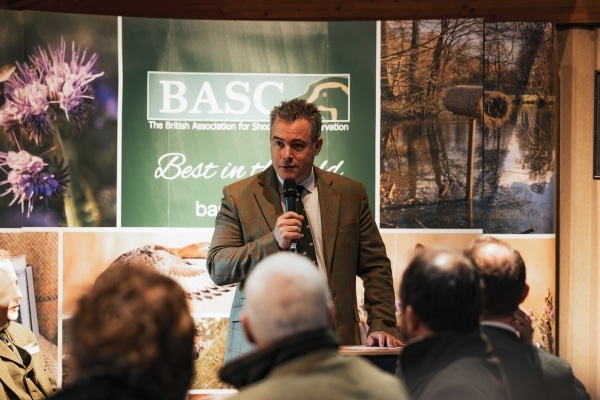
Leaving the ultimate legacy
“What sets us apart is that we’re not just spectators” – BASC chairman Eoghan Cameron shares his thoughts on the vital role of shooting’s people in managing the British countryside.
Get information on the legal shooting season for mammals and birds in the UK.
Apply for funding for your project or make a donation today
Comprehensive information and advice from our specialist firearms team.
Everything you need to know about shotgun, rifle and airgun ammunition.
Find our up-to-date information, advice and links to government resources.
Everything you need to know on firearms law and licensing.
All the latest news and advice on general licences and how they affect you.
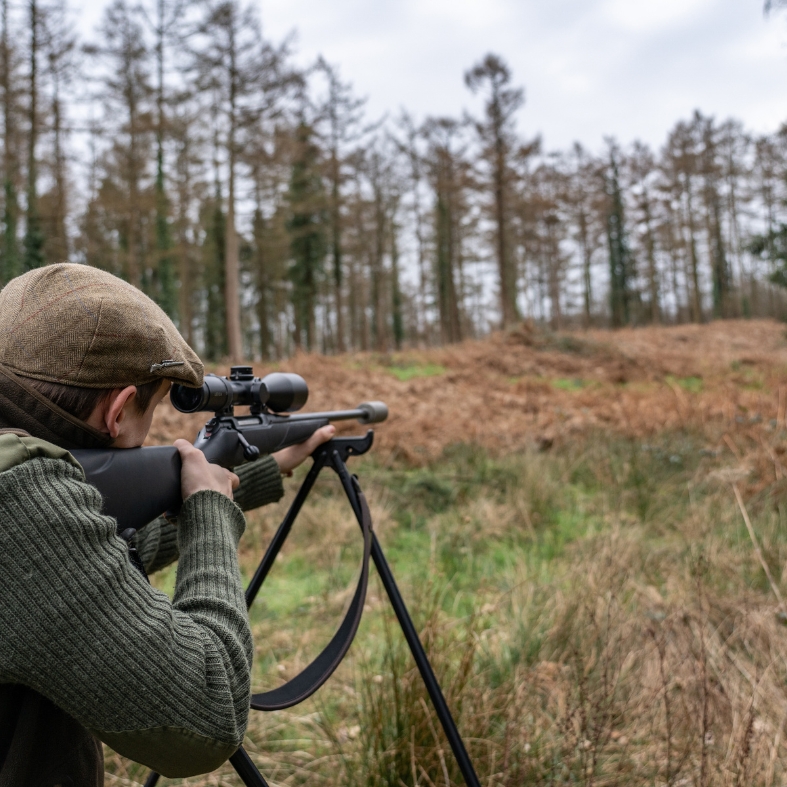

Ahead of the general election, the Labour Party pledged in its manifesto to boost local food sourcing. This involved committing to procure at least 50 per cent of public sector food from local sources, or those meeting high environmental standards.
Venison, provided by BASC-trained deer stalkers and managers, offers an excellent opportunity to meet these goals through sustainable, ethical sourcing.
Here’s how BASC’s work in deer management aligns with this commitment and why venison is a valuable addition to public-sector procurement.
BASC offers comprehensive training through its Deer Stalking Certificate (DSC) courses and deer mentors network, ensuring ethical and environmentally responsible practices in deer management.
BASC-trained stalkers follow best practice, preventing overgrazing and supporting habitat conservation, aligning with the Labour Party’s commitment to sourcing food with minimal environmental impact.
Through this training, deer stalkers provide a local, high-quality source of venison that meets strict ethical standards, making them ideal suppliers for the public sector. For more details, visit BASC’s deer management page.
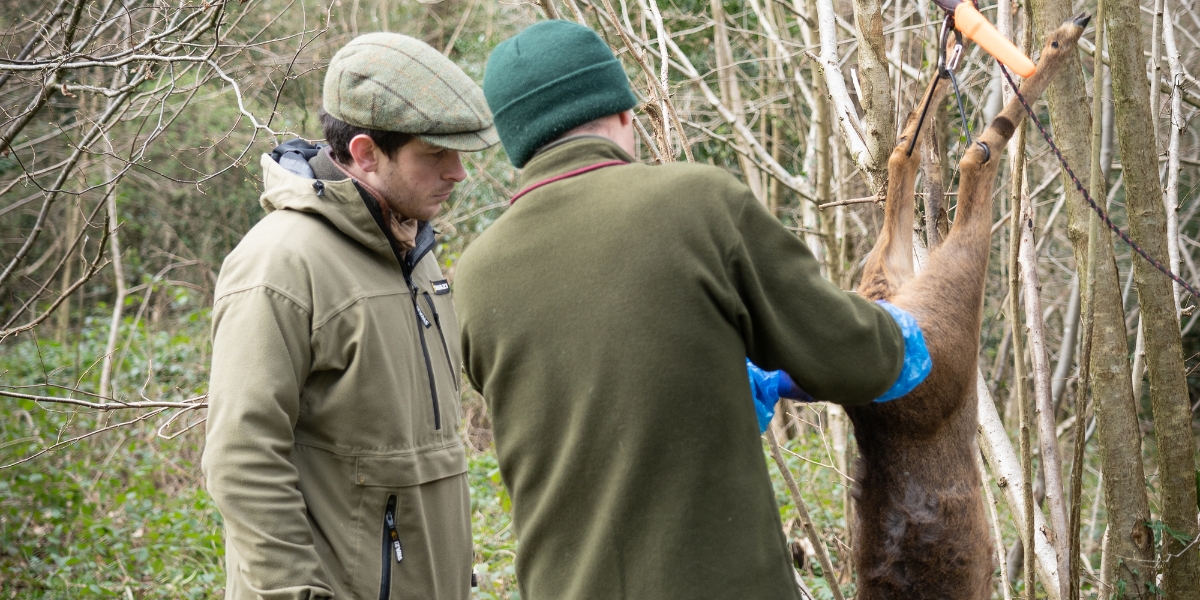
Venison offers a more sustainable protein option compared to intensively farmed meats. Deer stalkers manage wild deer populations, which allows for the provision of local, low-impact venison without the need for large-scale farming infrastructure.
This approach keeps carbon emissions low and reduces the environmental footprint of the meat supply chain, making it an ideal fit for public sector sustainability goals.
Wild venison is a lean meat low in fat and rich in protein, iron, and essential vitamins. These nutritional benefits make it an ideal choice for institutions such as schools and hospitals, where balanced, healthy meals are essential.
BASC promotes venison’s value as a nutritious, sustainable meat, encouraging its acceptance and integration into public sector menus. By choosing venison, public institutions have the opportunity to offer healthier food options.

Deer stalkers contribute significantly to rural economies, providing sustainable job opportunities and supporting local income streams. The Value of Shooting 2024 report highlights captures this contribution, detailing the economic, environmental and social benefits of shooting in the UK.
Through out network, BASC offers guidance, mentoring, and resources to support rural professionals in deer management, ensuring that local communities benefit economically. This work aligns closely with the government’s pledge to strengthen countryside livelihoods through public sector sourcing from local providers.
BASC’s approach to ethical deer management provides a consistent, high-quality source of wild venison.
It reduces reliance on imports and bolsters the UK’s food security. Sourcing venison from BASC’s network of trained deer managers supports the Labour manifesto’s vision for food security as a national priority by creating resilient, self-sustaining local food chains.
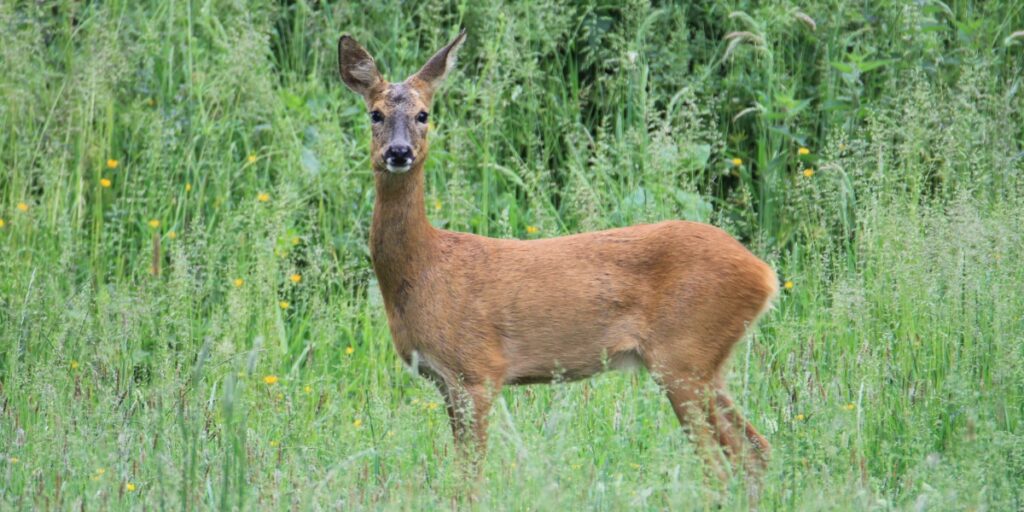
In 2023, the British Quality Wild Venison assurance scheme (BQWV) was introduced as the UK’s first quality standard for wild venison. It was developed with input from BASC and other sector leaders.
Top producers, including Forestry England, Highland Game, and Ben Rigby Game, have already achieved certification. The BWQV established a reliable, accredited supply of wild venison. The scheme’s rigorous standards ensure that accredited venison meets strict requirements for traceability, animal welfare, and environmental stewardship.
By enhancing buyer confidence, BQWV aims to expand the market for wild venison The scheme encourages its use in public sector contracts and retail. This initiative not only supports sustainable deer management but also aligns with consumer preferences for high-welfare, free-range products, making wild venison an attractive and responsible choice for public sector menus.
By incorporating venison into public sector procurement, the UK can take a significant step toward sustainable and responsible food sourcing.
Learn more about BASC’s work in deer management and the benefits of venison here.


“What sets us apart is that we’re not just spectators” – BASC chairman Eoghan Cameron shares his thoughts on the vital role of shooting’s people in managing the British countryside.
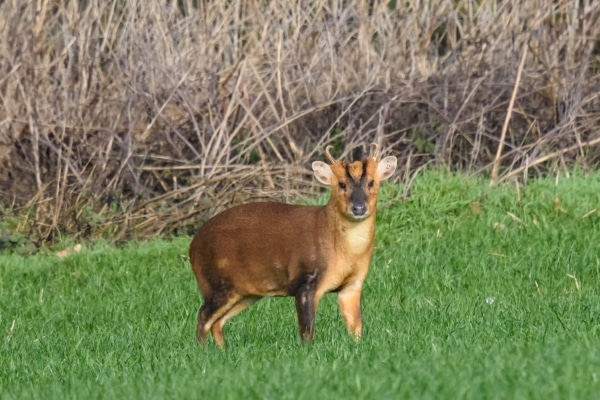
The government has announced that, as of today, deer chillers are one of the items available via the Farming Equipment and Technology Fund.
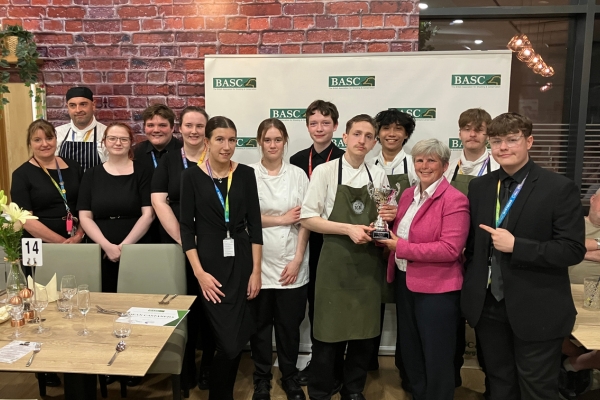
A group of Welsh college students claimed victory in the second round of a unique game-based culinary and hospitality competition spanning the Irish Sea.